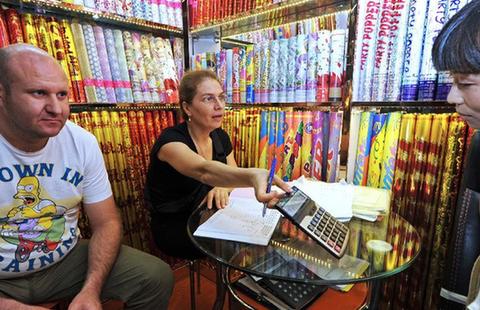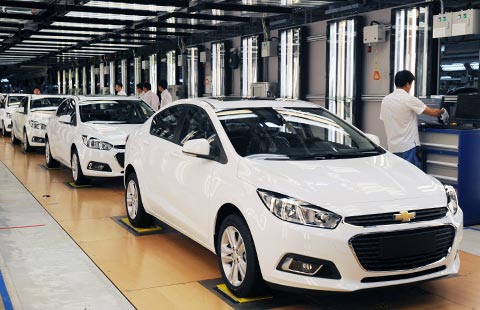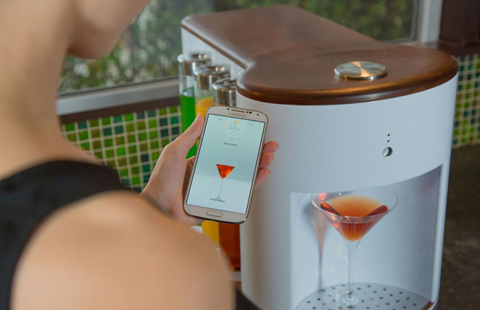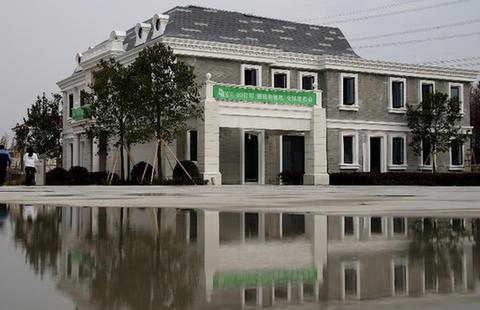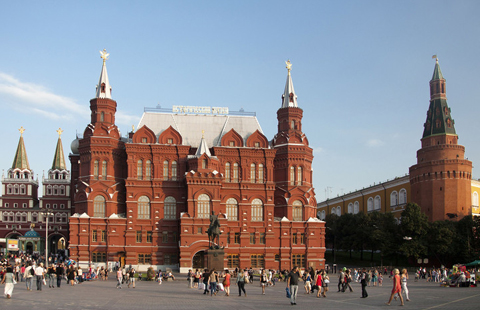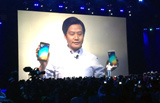Chinese 'makers' turn fake products market into innovation base
(Xinhua) Updated: 2015-01-20 09:43SHENZHEN - Once a gray market notorious for selling copycat electronics, the Huaqiangbei mall in Shenzhen city, Guangdong province, has become a paradise for innovators.
Technology enthusiasts from around the world have been flocking to Huaqiangbei shopping center, where all kinds of electronic components are sold.
These "makers," as they're known within a growing movement of do-it-yourself inventors, craftsmen, and tinkerers, turn their ideas into new devices, often with the help of 3D printers, robotics, and other advanced tools. For some, it is a full-time job, while others pursue their projects as a hobby.
Silvia Lindtner, a professor at the University of Michigan in the United States, said that at Huaqiangbei, makers can touch and feel different hardware components for inspiration and ideas.
Marcus Weyreuther, from Germany, has cooperated with Chinese partners to develop a thermometer that can measure temperature when connected to a smart phone. Thanks to the components sold at Huaqiangbei, Weyreuther's invention has gone from a design to a real product.
Huaqiangbei is just one spot in China's booming maker landscape. In addition to Shenzhen, the cities of Beijing and Shanghai have also become home to innovators and makers. Several maker communities such as Beijing Makerspace, Shanghai Xin Che Jian and Shenzhen Chaihuo Makerspace have formed in those cities.
During his visit to Chaihuo Makerspace earlier this month, Chinese Premier Li Keqiang said people with creative ideas should receive help to set up their own businesses.
Industrial insiders said the maker movement is based on traditional manufacturing and driven by creativity, and China's booming manufacturing industry has created a solid foundation for maker culture.
Some companies are even turning to makers for cooperation. Foxconn Electronics, a Taiwan-funded supplier for Apple, has launched a factory, InnoConn, to manufacture products designed and invented by these innovators.
- Carmaker Autoeuropa exports rise by 12% in 2014
- Chinese "makers" turn fake products market into innovation base
- Wang reported to take 20 percent stake in Atletico
- WEF expects to know more about fresh opportunities from China
- China's energy giant willing to cooperate in Arctic resources extraction
- Exports of Zhejiang in 2014 increase 8.8% year on year
- Regular inspection not to suppress stocks
- China to balance growth and structural reforms
